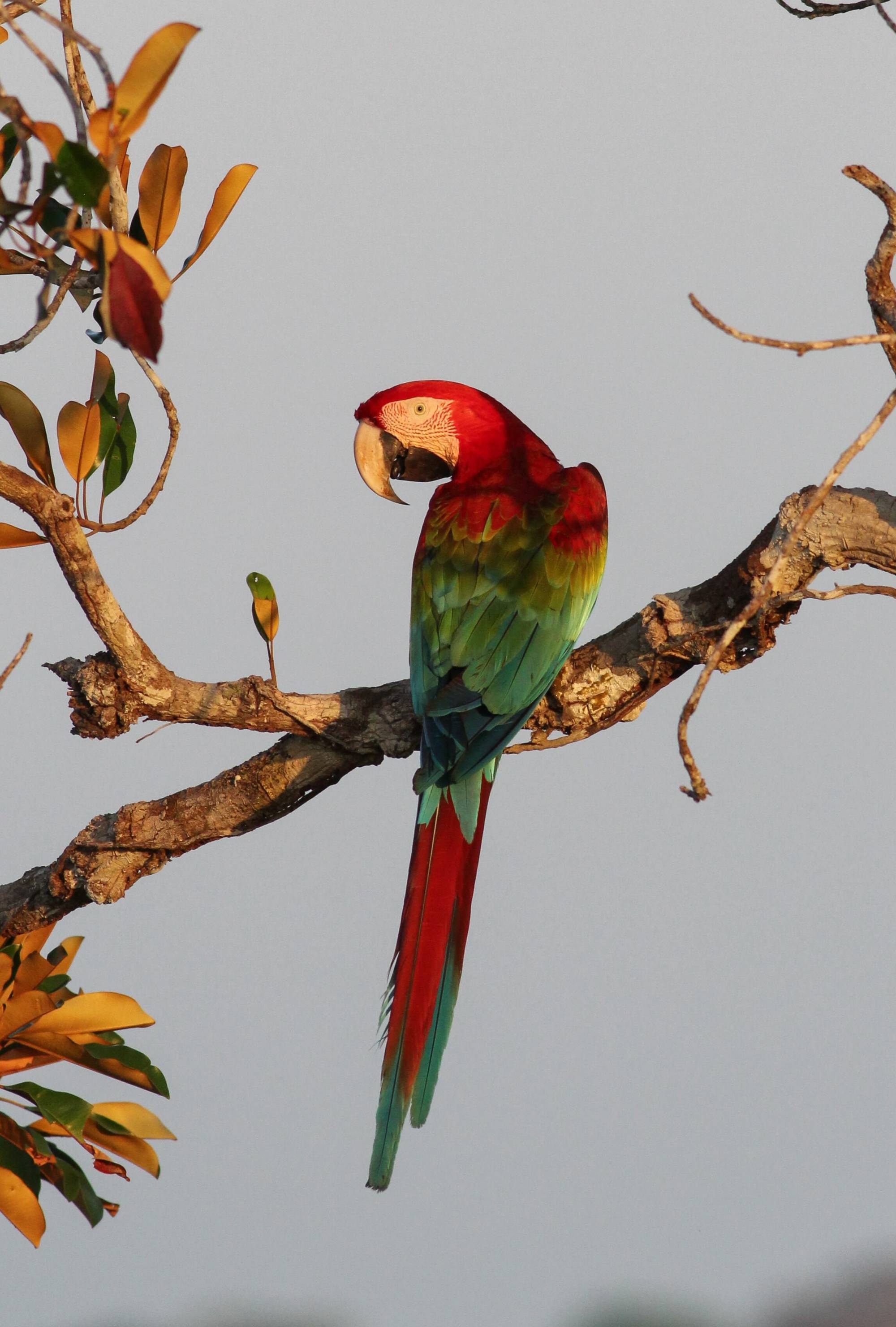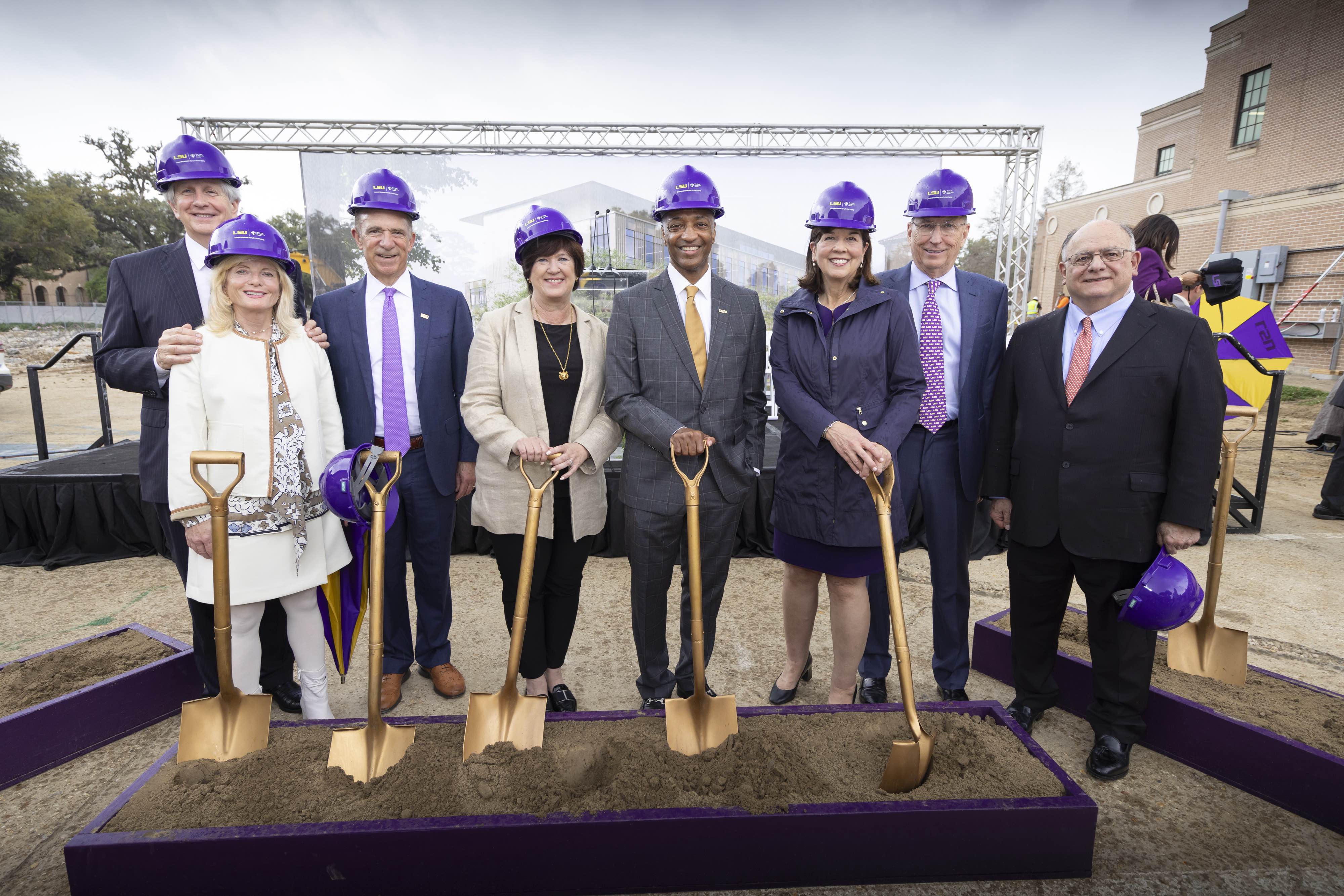New Science Building Set for 2025 Debut
The LSU's Our Lady of the Lake Health Interdisciplinary Science Building is currently under construction. Upon completion, this four-story, nearly 200,000-square-foot facility will serve as an epicenter for academics, research, and industry collaboration. It will become the new home of LSU College of Science, featuring cutting-edge facilities to train the next generation of healthcare professionals, researchers, data scientists, engineers, and technologists. Get ready for a future where LSU leads in vital industries like healthcare and energy!
Learn more












